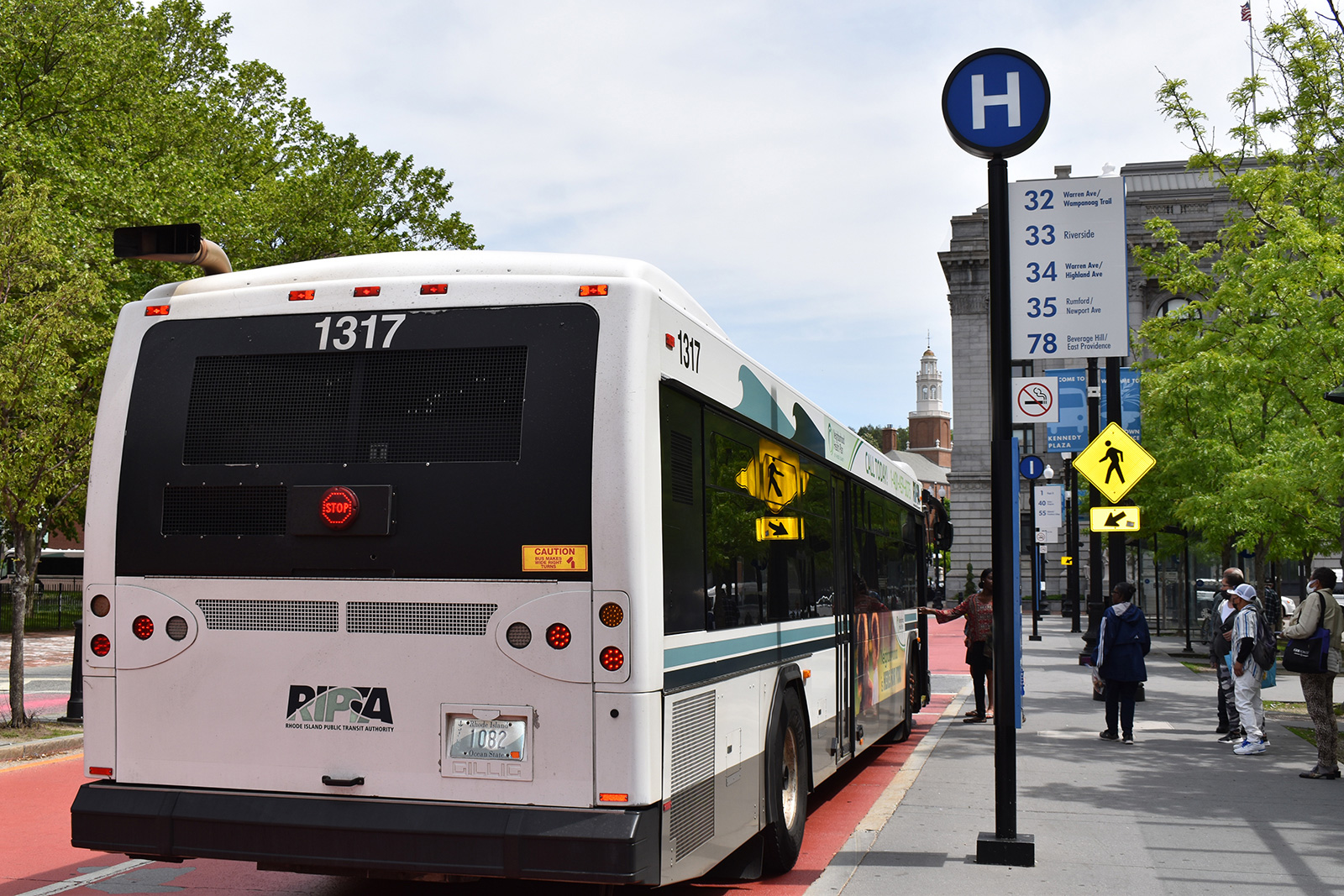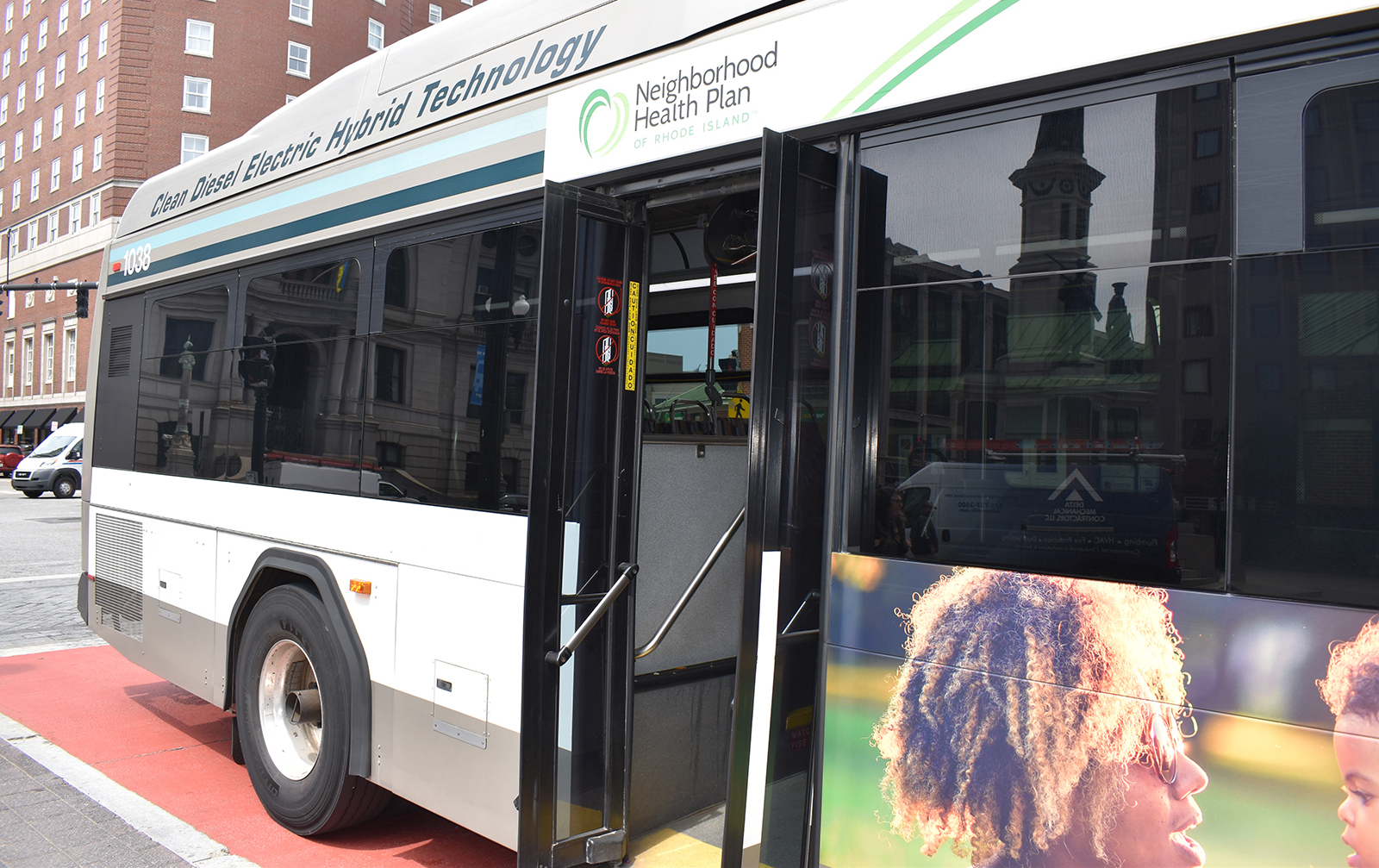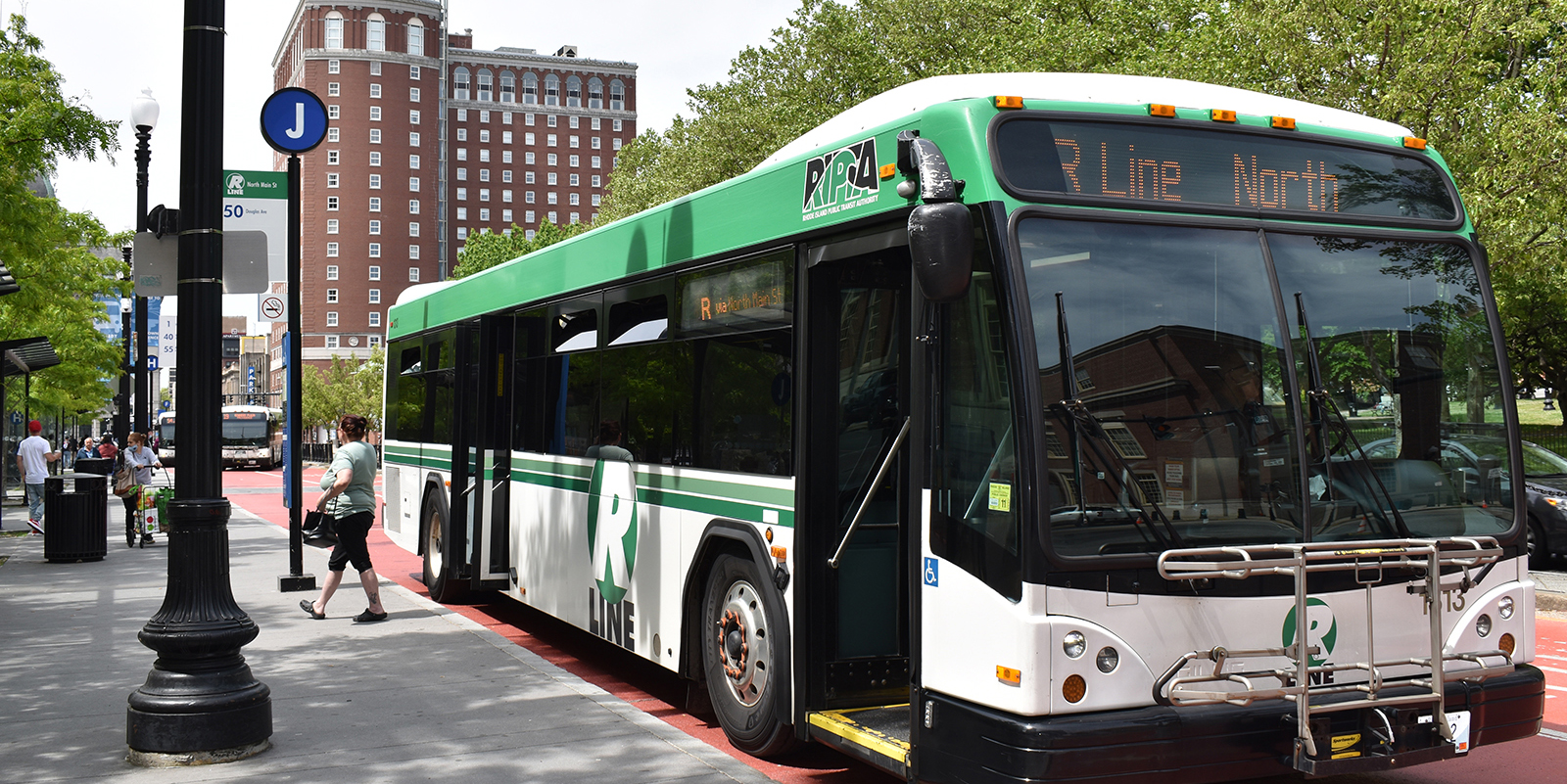Popularity of Incentives for E-Bikes, Electric Vehicles Leads to Cut in Programs
August 7, 2023
PROVIDENCE — Citing a shortage of program funds, state officials recently announced they are cutting the incentives available to residents looking to buy electric bicycles or vehicles.
Effective Aug. 1, the state Office of Energy Resources (OER) cut the amount of rebates available to new and used electric car purchases by $500. Prior to the program’s pause on July 11, new electric cars were eligible for up to $2,500 in rebates from the state, and used cars were eligible for up to $1,500 in rebate money.
State officials also gave a haircut to Rhode Island’s e-bike rebate program. Named in honor of the late Associated Press reporter Erika Niedowski, the program at launch provided $400 in rebates for e-bike purchases, or 30% of the total price of the bicycle, whichever was cheaper. Low-income residents were eligible for a $1,000 rebate, or 75% of the purchase price, whichever was lower.
Starting this month, the standard rebate for e-bikes was lowered to $350, with the low-income rebate getting cut to $750 per purchase.
“These changes were implemented on Aug. 1 to help sustain the long-term viability of the rebate programs and continue supporting individuals in their transition to electric vehicles and e-bikes,” said Natalie Bishop, a communications coordinator for OER.
Other changes to the programs include removing Medicare from the list of government programs that automatically qualified residents for the low-income rebates. Bishop said the change was made because having Medicare on the list qualified anyone over 65 for the low-income incentive, regardless of their actual income level.
“To ensure that the resources are directed to those who genuinely fall into the low-income bracket, we decided to remove Medicare from the list of qualifying programs,” Bishop said.
The electric car program widened its list of car dealerships eligible to offer the rebate to a number of dealerships in Massachusetts. State officials also added qualifying language to the e-bike program, stipulating that a company selling e-bikes online must have a physical brick-and-mortar location in Rhode Island to qualify for the state incentives.
The changes come after OER officials announced a pause in the rebate programs last month, citing dwindling funds for the rebates themselves. Since launching the EV rebate program more than a year ago, state officials have paid out $1.68 million in rebates. The program was funded with a one-time $1.25 million allocation from lawmakers in last year’s state budget. According to an OER dashboard, the program has only $347,500 left after processing the remaining July applications.
The e-bike program has been just as popular. Since its launch in October 2022, the program has distributed $402,563 in income-qualified rebates and $140,912 of standard e-bike incentives. After July, there is only $40,000 left for income-qualified rebates, and $35,000 left for standard ones.
Help may be on the way. Earlier this year the state Executive Climate Change Coordinating Council authorized an additional $400,000 for the EV and e-bike rebate programs, with the majority of funding expected to be approved at the council’s next meeting in September.




While I hadn’t gotten the State rebate for the ebike(s) I ride, they have been a car replacement for the past 3 years. In the rear view mirror is over 7,000 miles of ebike riding which, believe me is a much lower carbon footprint that our ever-growing-in-size gas guzzling machines. I have a 16 mile commute (round trip total) and still have battery life afterwards. “No Sweat.” (And some exercise) The cargo bike I ride can carry 8 bags of groceries easily and also lets me slow down and take in the views. If you all take an honest survey you’ll likely find that a large portion of your trips are shorter than 3 or 4 miles. E-bikes can easily handle that–and more. Then there’s public transit for rainy days. Think about it. If you’re in shape, maybe a regular bike? And regular bikes can be retrofitted into e-bikes. Honest, that’s what I’ve done. The best ebike for you might be the regular bike sitting in your garage. But please, do your research before you take the plunge. There is a plethora of YouTube testimonials on ebike technology, DIY builds and such. Test ride a bike. The environmental benefits are zero if the bike sits in your garage unused. The local bike shops would be glad for your business. Fact is if we all did our collective parts, little by little we could leave the Earth a livable place for our offspring. I’m an overweight dude in his sixties who had smoked for 20 years and if I can do it, maybe many of you can as well. If you do a dive in the efficiency of electric cars, they’re better than gas guzzlers, but….(not as good as the mighty e-bikes!!) Doing what we’ve been doing environmentally as a society has proven to be an unmitigated and ongoing disaster. No less. Hopefully some additional funding will be created for more rebates going forward. I applaud the State’s efforts, but much, much more needs to be done. Time is running out. Do Your Parts, please.